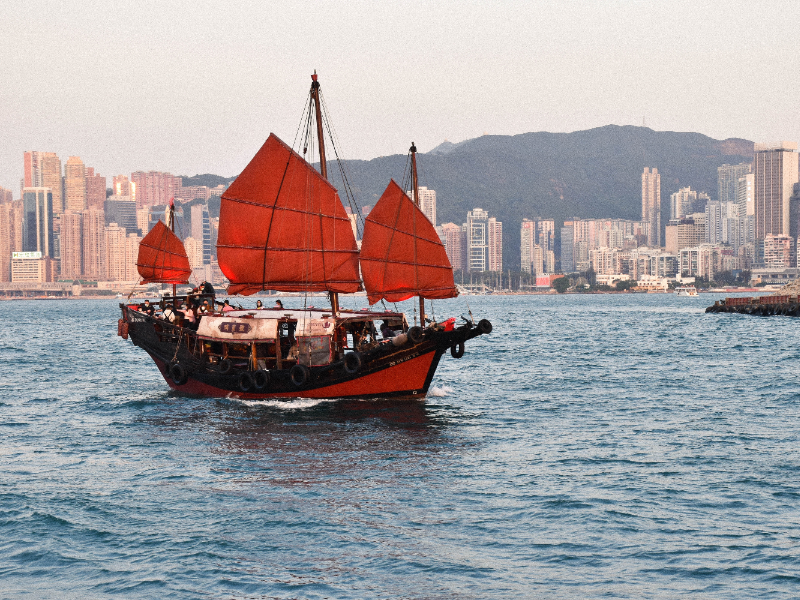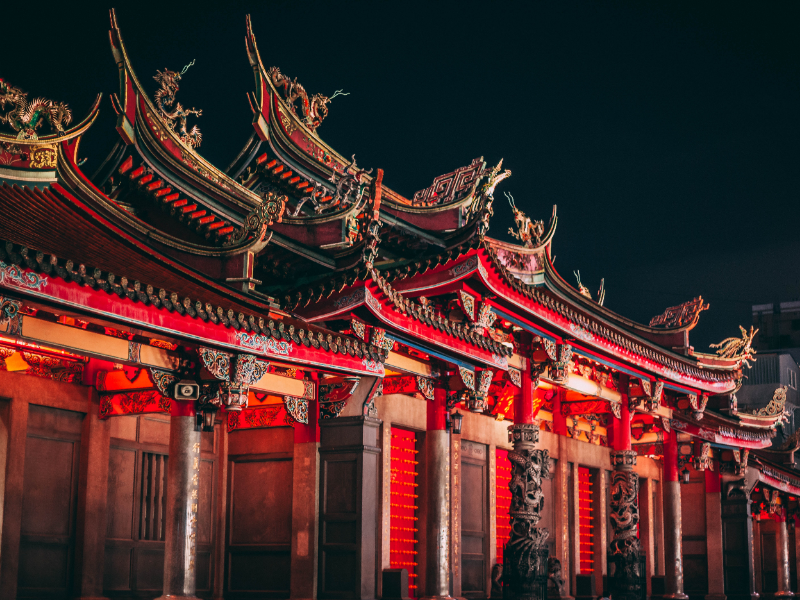INVERTO provides support based on a TCO analysis (“Total Cost of Ownership”) of the previous procurement model. If it makes sense to involve Asian suppliers, we advise and support you in the selection and qualification of suitable suppliers.
Our experts at the Shanghai location are familiar with the conditions in Asia, know the procurement markets and support you in establishing successful supplier relationships.

Special challenges of supplier management in Asia
When sourcing in China, India, Bangladesh or their neighbouring countries, for all the advantages these countries offer, there are also some special features that European clients should be prepared for. For example, East Asian procurement markets are characterised by volatility and speed. Processes at suppliers sometimes change without the customers being informed. The result is changes in quality or delivery conditions. Another challenge is different cultures and thus a different understanding
of processes and liabilities. This can lead to requirements being misunderstood. This is the experience of both trading and manufacturing companies.
In addition, legislation in China is constantly evolving. In recent years, for example, new environmental laws have led to Chinese suppliers having to close down and only being allowed to reopen after an audit in which compliance with the new rules was checked. In some cases, the closures came as a surprise even to the companies concerned, so that European customers could not be informed in time about the resulting delivery failures.

The product is decisive for the right approach
Basically, the degree of product complexity is decisive for the course of action. In the case of technically trivial products with a low quality risk, it is sufficient to define production and quality standards at the beginning, which the supplier bindingly agrees to comply with. In the case of complex products with a high degree of technological added value, however, it is necessary to accompany the suppliers continuously and, if necessary, to intervene in a controlling manner.
This applies all
the more when sustainability criteria are involved in production. Since it can be assumed that European companies will be legally obliged to comply with and monitor human rights and environmental standards, companies should address risks in the supply chain at an early stage. Buyers should develop criteria and standards and support their suppliers in setting up appropriate structures in this regard as well.

Trusting partnership through cultural understanding
When communicating with suppliers in Asian countries, it is important to use experts who also know the respective cultural framework conditions. Only then can a trusting and long-term partnership be established that guarantees sustainable quality. Thanks to many years of experience with sourcing activities in East and Southeast Asia and our location in Shanghai, we have trustworthy contacts. Our Chinese employees, in turn, know the needs of European customers and support our project teams very reliably.Our Global sourcing expert

Insights from the retail sector


